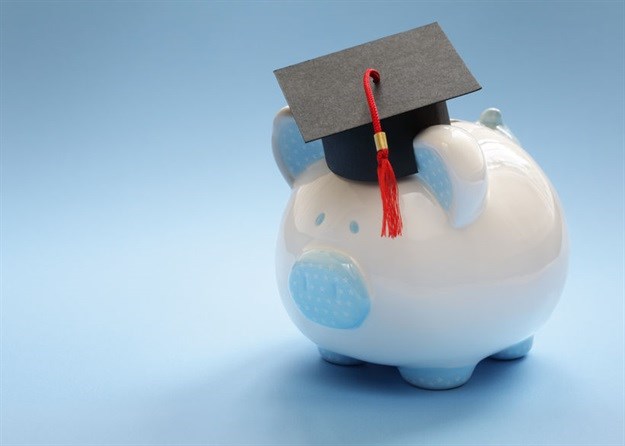South Africa is not prioritising education, resulting in the university crisis that has seen disruptions on campuses across the country for more than a month, Statistician-General Pali Lehohla said.
Lehohla yesterday, 25 October 2016, released Stats SA's financial statistics of higher education institutions for 2015.
He criticised the government and the public for not viewing education as a priority for society.
"When we asked society in a survey, they said education is priority No.18. In the local government elections, politicians spoke about water, sanitation and electricity, but did not say anything about education.
"Until we change our priorities the government will never get this thing right," the official said.
Lehohla cited the "bloated" higher education system and lack of a proper funding model as two of the main reasons for the protracted Fees Must Fall impasse between institutions of higher learning, students and the Department of Education.
"The system is ineffective, it takes longer for students to finish their degrees. It is not processing the students at the speed they should be processed. That is what is making this system more expensive," Lehohla said.
The total number of students enrolled in higher education last year was 985,212 and of these about 400,000 enrolled at Unisa.
Asked if free education was a possibility, Lehohla said education could never be free, it should be paid for, but the instrument of payment was crucial: "There is nothing that goes for free, education must be paid and paid by our taxes.
"It's about choices, as in at what point do we tax. You can't tax students before they work. There is evidence that 92% of graduates find work. It's up to South Africans to decide."
Source: The Times
































